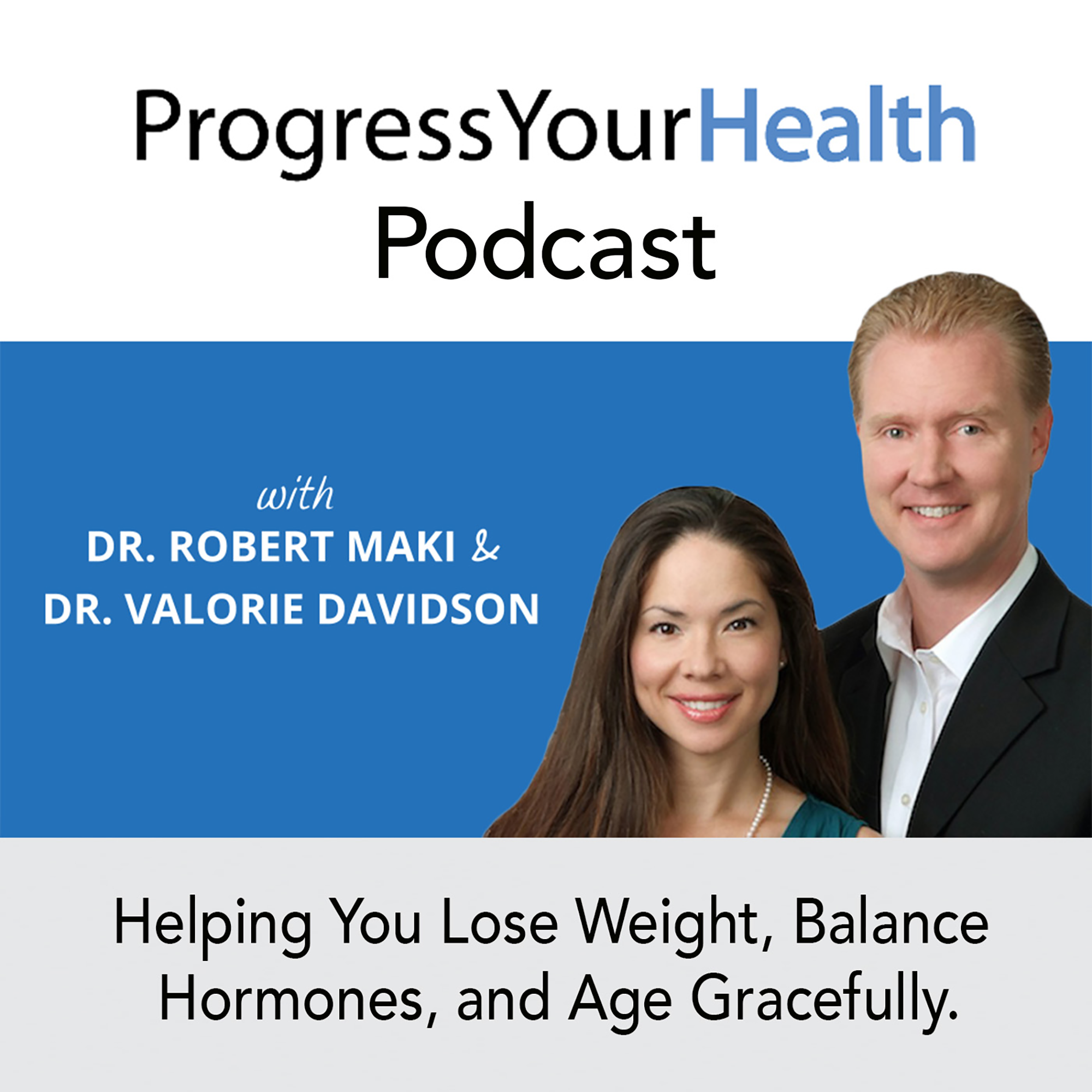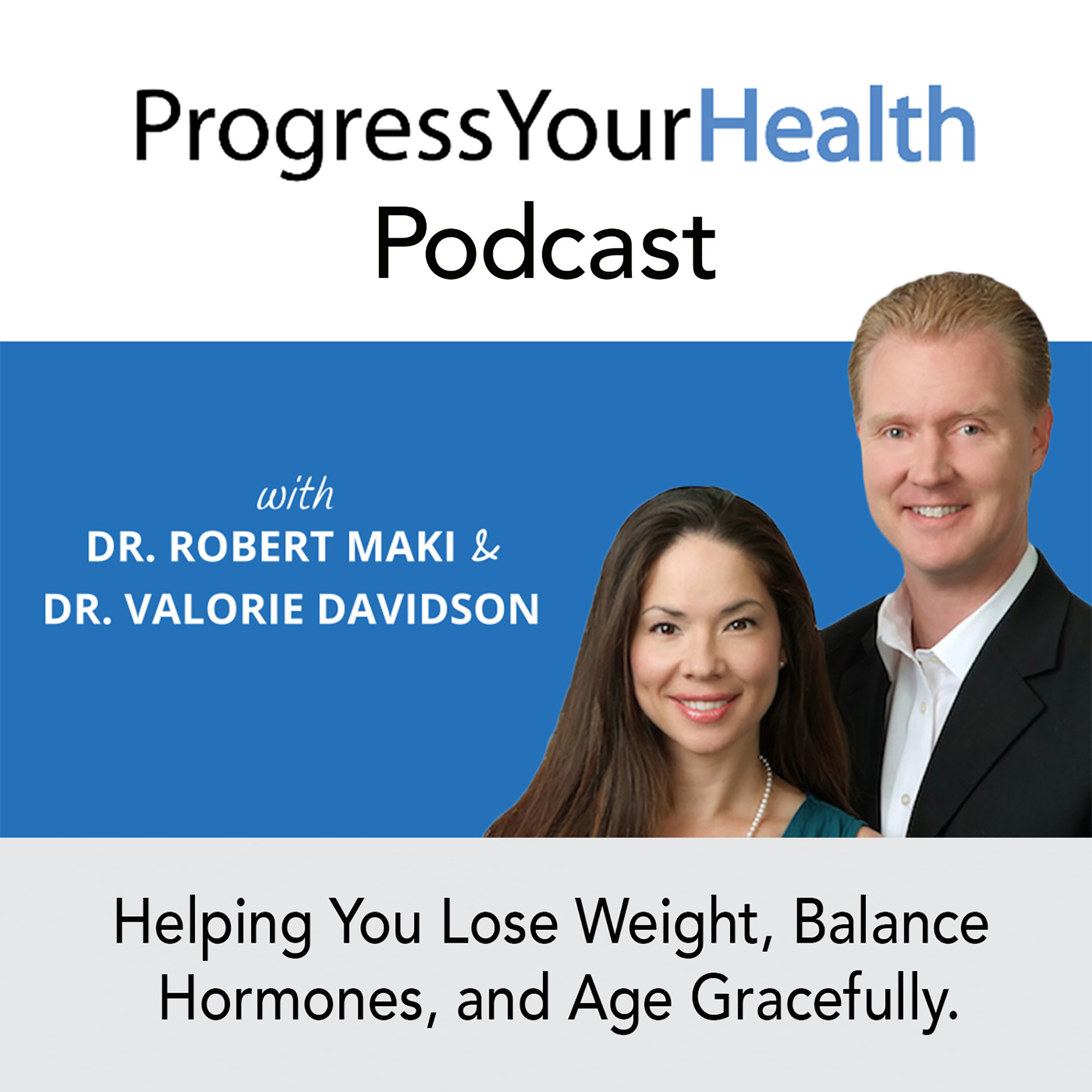In this episode, Dr. Valorie Davidson and Dr. Robert Maki respond to a great listener question from April, who’s navigating hormone replacement therapy (HRT) while dealing with a history of endometriosis, polyps, and chronic cramps.
April’s experience is all too familiar: spotting, cramping, hormone experimentation, and the frustrating search for symptom relief. So, can women with endometriosis safely use HRT—especially estrogen?
The answer: Yes, but it has to be customized.
�� In this episode, we cover:
✉️ Here’s April’s full question:
“Hi—I am a 57-year-old woman in perimenopause. My question is: is it possible for women with endometriosis or adenomyosis to do HRT?
I started oral progesterone 2 years ago, got as high as 300 mg, but didn’t get much symptom resolution. Switched to a progesterone troche—50 mg morning and night. About 3 months ago, I added testosterone (0.25 mg once daily, 5 days/week) and
Biest 80/20 (1 ml daily, can go up to 2 ml).
Everything was good for a while, but now the cramping and spotting have returned. I’ve had heavy bleeding as long as I can remember. My main complaint is menstrual cramps throughout the month—not just during my period. I do not have fibroids, but I’ve had many cysts and polyps over the years and have had many ultrasounds and transvaginal ultrasounds because of this.”
If you have a question, please visit our website and click Ask the Doctor a question.
Want more insights like this?
Be sure to subscribe to our newsletter for hormone Q&As, educational guides, and real-world strategies to help you feel like yourself again—especially during perimenopause and menopause.
Join the Progress Your Health Newsletter
Stay Connected
Instagram: @drvalorie
TikTok: @drvaloried
Join the Hormone Community: Click here to subscribe
Disclaimer: All content in this blog, including text, images, audio, video, or other formats, was created for informational purposes only. This video, website, and blog aim to promote consumer/public understanding and general knowledge of various health topics. This content is not a substitute for professional medical advice, diagnosis, or treatment. Please consult your healthcare provider with any questions or concerns you may have regarding your condition before undertaking a new healthcare regimen. Never disregard professional medical advice or delay seeking it because of something you have read on this website. If your healthcare provider is not interested in discussing your health concerns regarding this topic, then it is time to find a new doctor.

In this episode, we talk about how to lose belly fat. Belly fat is one of the most common complaints we hear from our...

Linda’s Question: Hello, Dr. Maki. I hope you are well. I eat perfectly. I a small amount of organic food daily. No alcohol. No...

Welcome to Episode 2 with our upgraded video setup! Dr. Valorie Davidson and Dr. Robert Maki from Progress Your Health answer a thoughtful listener’s...